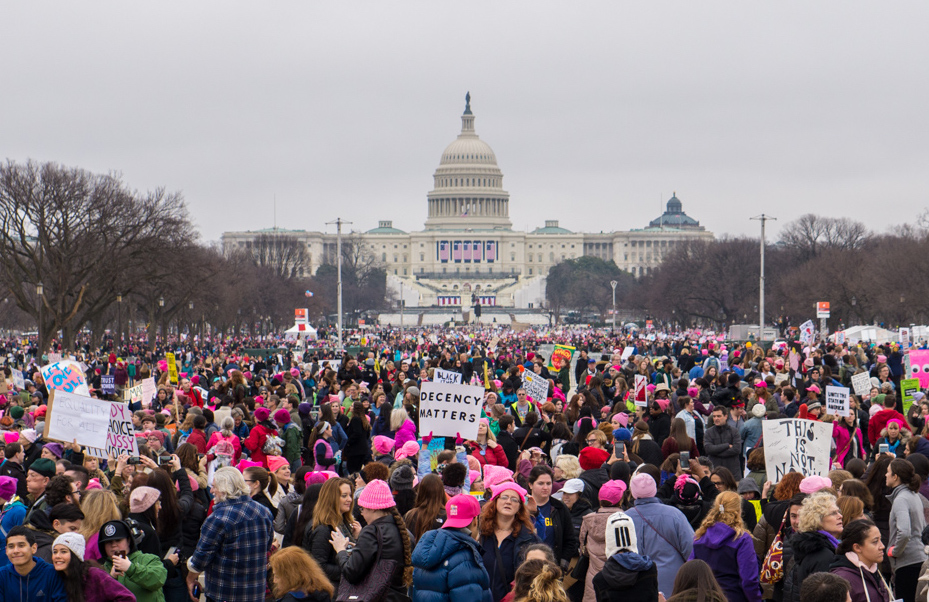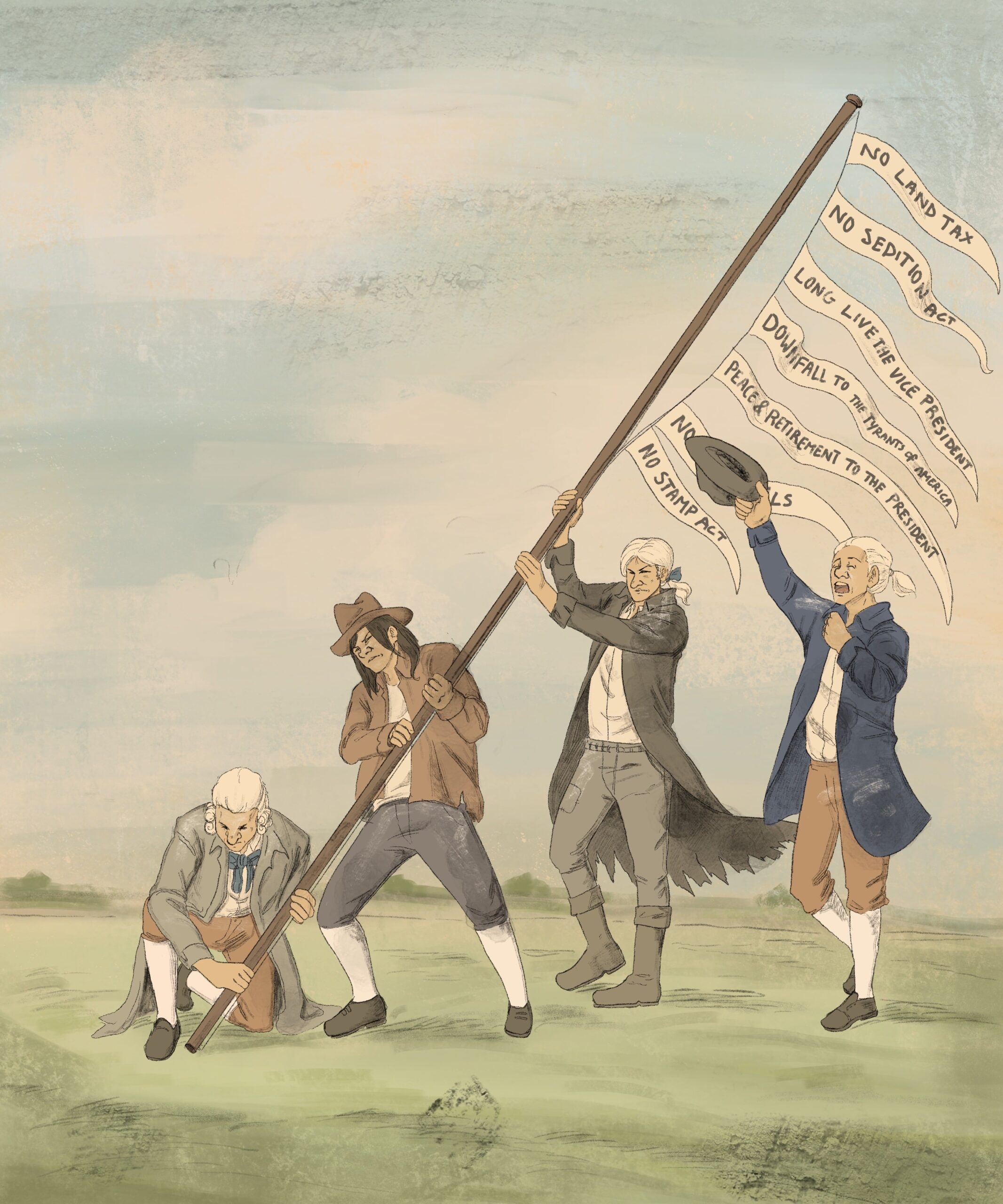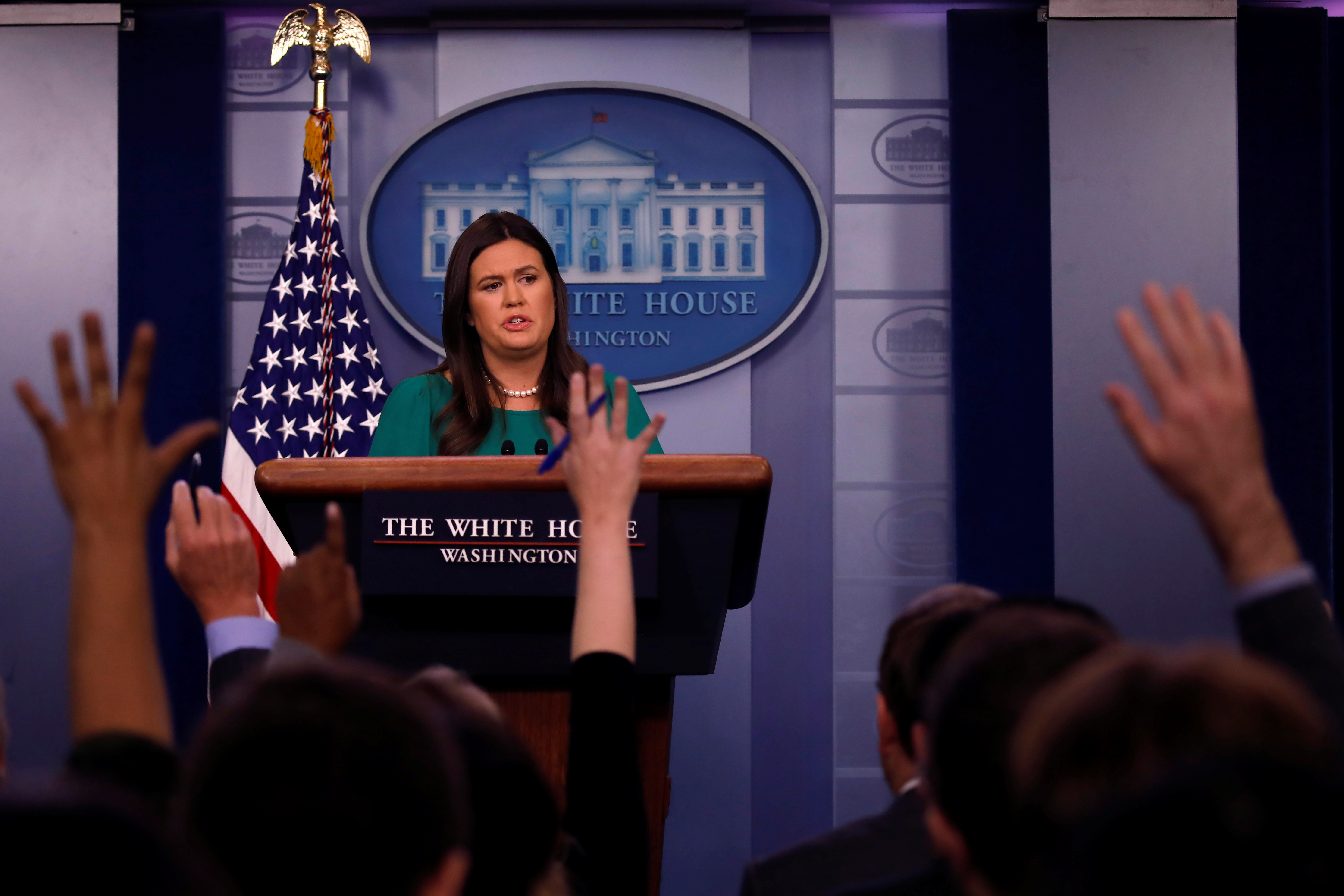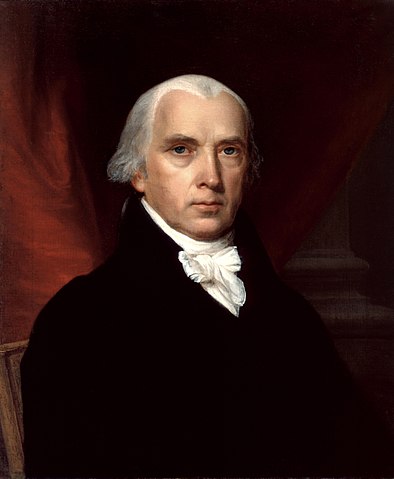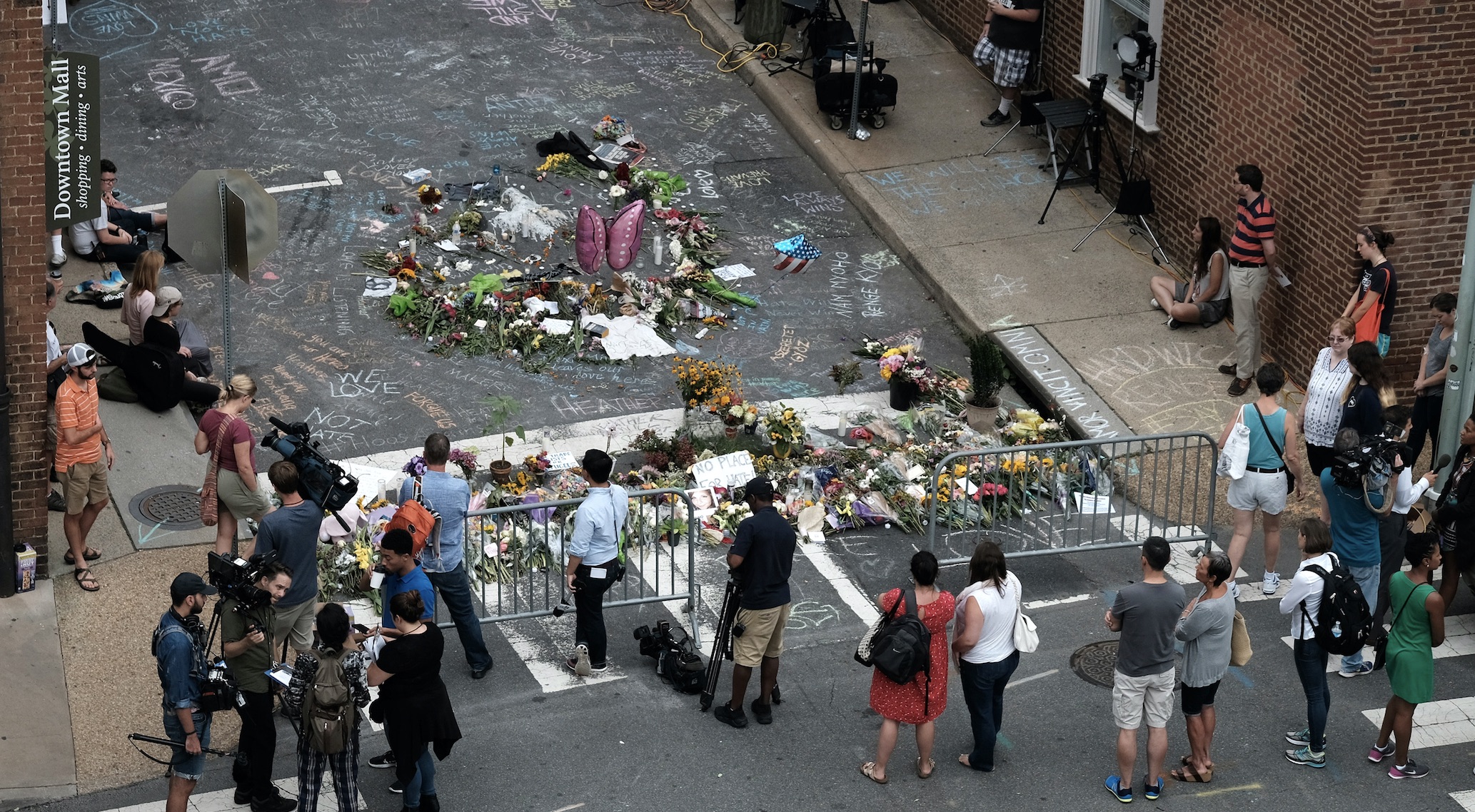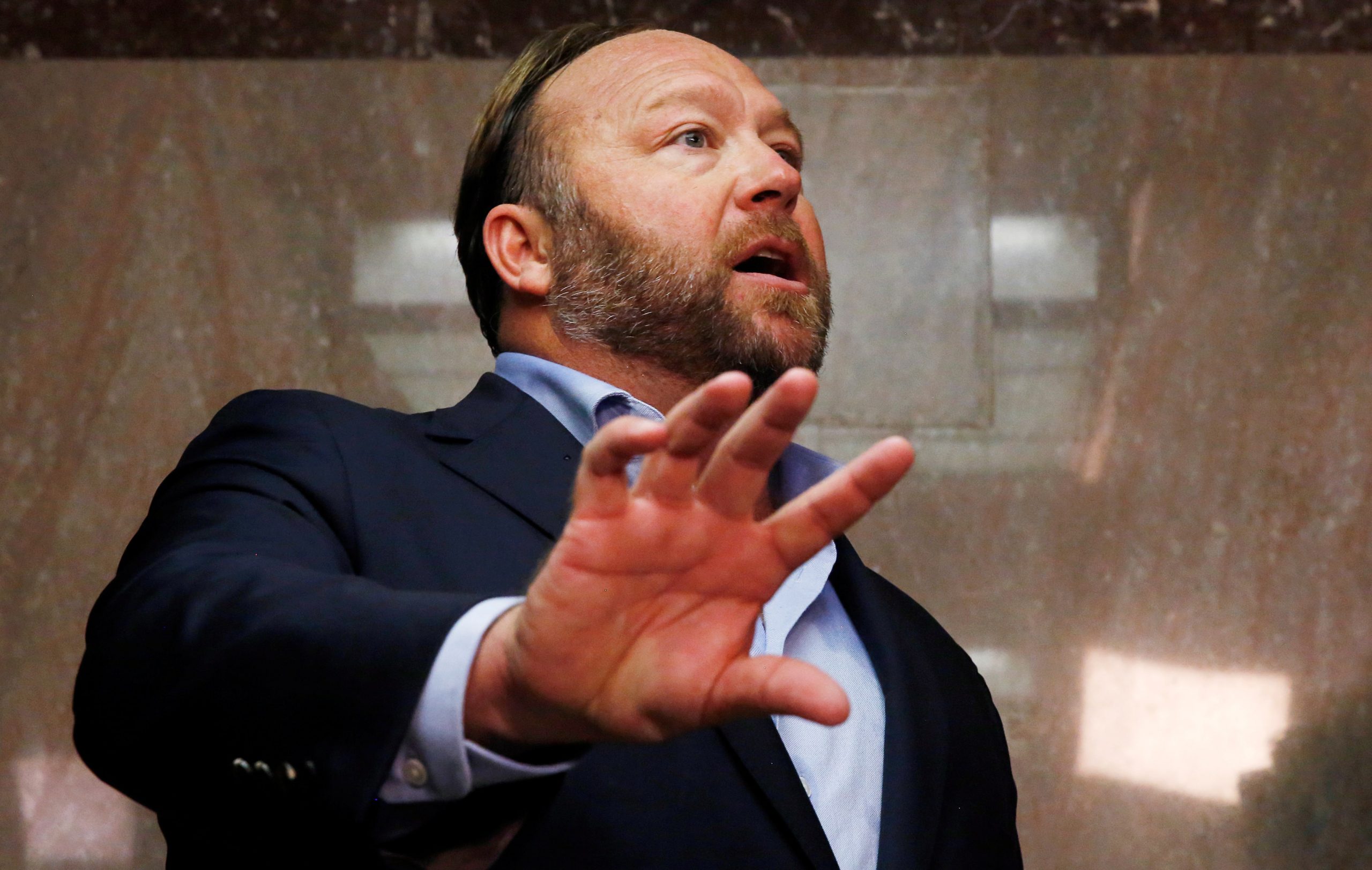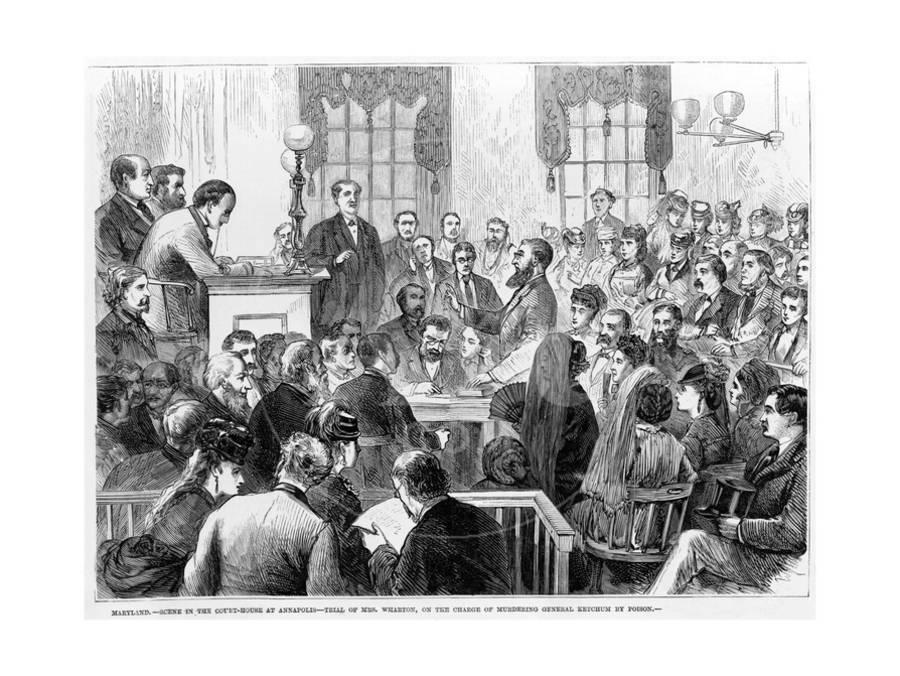Teacher Guide: The Right to Peacefully Assemble
This teacher guide examines the role peaceful protest has played in United States history, how the law evolved to ensure greater protections for protest, and contemporary threats to assembly rights. It includes information about the civil rights movement, major court cases, and the philosophy of civil disobedience.
Today, most political and social discussion occurs in the digital sphere, often on peoples' social media platforms. Seeing this, some public officials have opened Facebook and Twitter accounts to share important updates and engage with their constituents. But what happens when the official wants to remove a user who is posting critical feedback? This teacher guide uses the Knight First Amendment Institute v. Trump to show how First Amendment principles like public forum and viewpoint discrimination apply online.
Teacher Guide: The Sedition Act of 1798
The Sedition Act of 1798 was the first great test of the First Amendment’s protection for the freedom of speech and press. Under the new law, Americans could face up to $2,000 in fines (nearly $42,000 in 2020 dollars) and two years in prison for criticizing a public official. Passed only seven years after the ratification of the Bill of Rights, the Sedition Act forced the young country to decide not just whether it was truly dedicated to freedom of speech, but also what that idea would even mean in a democratic republic.
Teacher Guide: Press Briefings and Journalists’ Rights
Though politicians and journalists need one another, their interactions are by nature often adversarial. A key part of a reporter’s job is to look beyond the story public officials want to tell and to ask uncomfortable questions. But when officials believe reporters go too far, can they ban them from attending future gatherings? And what First Amendment or other rights protect reporters from such actions?
Teacher Guide: Why is James Madison’s Defense of Freedom of the Press Critical Today?
Public officials of all political stripes throughout American history have accused the press of false or biased reporting. President Donald Trump, for one, has accused some news organizations of publishing "fake news" about his administration. This is an opportune time for educators to reach back to James Madison for what may be the most powerful defense of freedom of the press written by any American.
Teacher Guide: Hate Speech In America
Although many countries across the globe have laws prohibiting hate speech, the United States protects offensive speech about certain groups that historically have been subject to discrimination. This guide explores the First Amendment issues that arise from attempting to regulate hate speech. The guide also goes into existing limitations on expression, including incitement to imminent lawless action, fighting words, true threats, and harassment.
(Available without registration!) Alex Jones and his website Infowars made repeated claims that the 2012 murder of 20 children and six adults at the Sandy Hook Elementary School in Newtown, Connecticut was a “giant hoax,” possibly instigating a number of his followers to harass the families of the victims. Does the First Amendment protect Alex Jones’ speech?
Teacher Guide: Balancing The Right To A Fair Trial With The Right Of A Free Press
Each year, the New York State Bar Association (NYSBA) convenes the New York Fair Trial Free Press Conference, which brings together a panel of journalists, judges, and lawyers to discuss a hypothetical case involving free speech, the freedom of the press, and citizens’ right to a fair trial. This guide uses videos taken from the 2018 conference to address First Amendment issues like privacy rights, shield laws, and confidential sources.
